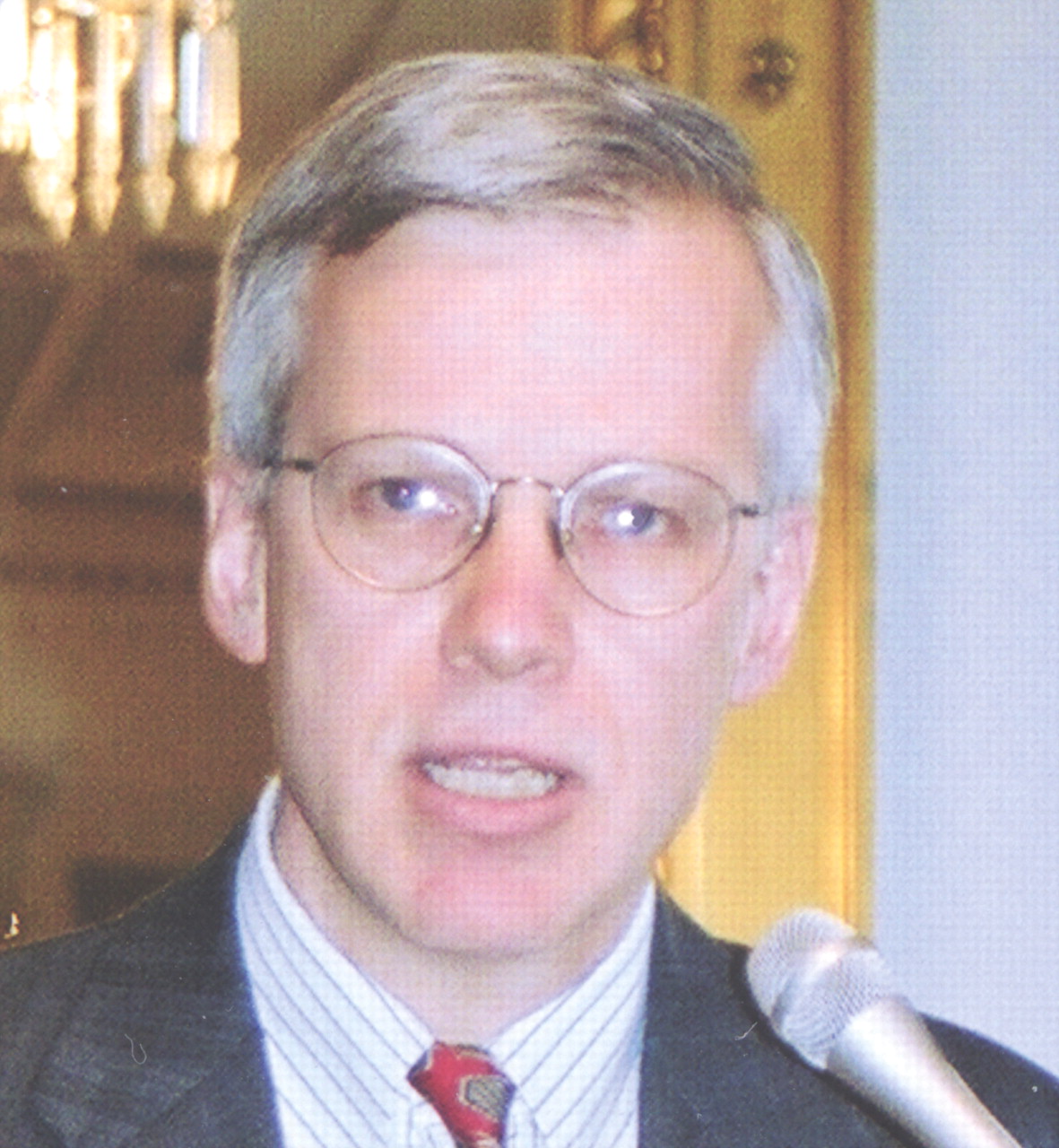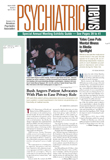A sense of celebration and accomplishment was evident at the American Association for Geriatric Psychiatry’s (AAGP) recent annual meeting, much akin to that felt by teenagers as they get their driver’s license or voter registration—a certain feeling of “coming of age.”
After an intense year of fervent advocacy efforts on behalf of older Americans with mental illness, the organization declared itself “grown up” and ready to assume the lead in geriatric mental health issues.
“I think AAGP is the leader in geriatric mental health care,” said Gary Kennedy, M.D., AAGP’s incoming president, during his inaugural address. “And I think it’s about time we acknowledge that. This is no longer an organization in its adolescence.”
That air of confidence was warmly welcomed by those in attendance, after several successive years in which incoming presidents challenged the organization, on one front or another, to become more fully developed, more well rounded, more grown up.
One year ago, then outgoing president William E. Reichman, M.D., recalled how he had used his presidential term to challenge the organization. He had told the group that the organization was not fulfilling its full potential, and it had to bring greater visibility to the field of geriatric psychiatry (Psychiatric News, April 20, 2001).
Reichman did just that, conducting one interview after another during his term, with broadcast, newspaper, and magazine journalists.
With that increased visibility in place, Stephen J. Bartels, M.D., who succeeded Reichman as AAGP president, set out to confront the “public health crisis” that he said would result from a “failure of research on health services infrastructure necessary to address the needs of a rapidly growing population of older persons with mental disorders.”
At AAGP’s February meeting in Orlando, Bartels closed his presidential term by declaring, “AAGP has taken a major step toward fulfilling its potential as the preeminent voice in the field of geriatric mental health and geriatric psychiatry.” The organization had “made a difference,” he said in his presidential plenary address, “by fostering research, knowledge development, education, and financing on behalf of effective treatments and services for older persons with mental disorders.”
Three-Part Strategy
A year ago, Bartels saw troubling trends, such as a decline in funding for geriatric mental health research, Medicare payments for mental health services being attacked as being “largely medically unnecessary,” and the proportion of Medicare expenditures spent on mental health effectively decreasing.
“Based upon these alarming trends,” Bartels said, “we set about a three-part strategy to aim the spotlight on these concerns.”
First, AAGP focused on making geriatric mental health research a federal legislative and regulatory priority. In testimony before Congressional appropriations subcommittees, Bartels called attention to the need for increased funding on mental health and aging.
AAGP was successful in having language adopted in appropriations bills that drew attention to the need for the National Institute of Mental Health (NIMH) to devote additional resources to extramural research in the geriatric area and cited a need for the NIMH to coordinate its research agenda on aging. In addition, language was included in an appropriations bill calling for the inclusion of specialists with expertise in geriatric mental health to be added to the review panels of the institute’s studies section.
AAGP also successfully advocated for an additional $5 million in funding for the Center for Mental Health Services (CMHS) to support implementation of evidence-based geriatric mental health practices in primary care settings.
At AAGP’s urging, both NIMH and the Substance Abuse and Mental Health Services Administration (SAMHSA) have initiated formal strategic-planning efforts focused on future services-related research in the aging field.
AAGP set its second part of its strategy in play by working with the offices of Sen. Paul Wellstone (D-Minn.) and Rep. Pete Stark (D-Calif.) on increasing awareness of the inequities in Medicare funding of mental health services.
Stark gave the keynote address to AAGP’s annual meeting last year (Psychiatric News, April 20, 2001), and Bartels and Wellstone stood side by side at the press conference announcing the introduction of the Stark-Wellstone legislation to achieve Medicare mental health parity (Psychiatric News, May 4, 2001).
When the Office of the Inspector General’s (OIG) report said that a significant portion of Medicare mental health expenditures were “medically unnecessary,” Bartels refuted that language in an interview with USA Today, which resulted in a high-level meeting with the OIG’s deputy director and “an agreement to work toward improving the methodology and misleading language contained in the report.”
Bartels’ third strategic component was strengthening existing and fostering new strategic alliances. He said he is especially proud of “a particularly important new relationship” with the National Alliance for the Mentally Ill (NAMI). AAGP and NAMI will be developing a work group focusing on advocacy efforts for older persons with mental disorders.
Incoming President Kennedy, a professor of psychiatry and behavioral sciences and director of the geriatric psychiatry fellowship training program at Albert Einstein College of Medicine, stated during his inaugural address that he would be focusing on an agenda that was “going to be different, yet complimentary” to that pursued by Bartels. Education, he said, would be the cornerstone of his agenda.
“Our educational approach should honor the whole team, the whole neighborhood of geriatric health services,” he emphasized. “And I think we can enlarge our educational perspective without losing our focus as an organization.”
Noting that AAGP has a significant number of affiliate members from different disciplines—psychology, pharmacology, nursing, and clinical social work—he invited those members to assume a greater role in teaching alongside geriatric psychiatrists.
“The subtlety that you may not have picked up, though, is that although we are a physician guild, the foundation of our efforts will focus on the whole picture of mental health, not just mental illness,” he stated. “Yes, we represent the physician, the psychiatrist in practice, but as you have heard tonight, we—all of us—want to advocate for the interests of the older adult.”
Regardless of a health professional’s specific discipline or practice, Kennedy said, “if you are working with older adults, you have to be not only competent, but passionate about the care of older persons with dementia and their families.”
As part of its educational focus this year, AAGP will hold its first fall institute and, based on APA’s successful model, Kennedy said, “take science and evidence-based medicine and teach people how to best apply it in their practices.”
Various AAGP committees and the Geriatric Mental Health Foundation will issue evidence-based practice guidelines over the next year, and Kennedy vows to pursue stronger reciprocal affiliations with allied organizations. “We need to be on their program committees, and they need to be on ours,” he said. “You cannot lead a team if you don’t have a team to lead.”
Kennedy dedicated AAGP to honoring what he called the “paradox of independence and security” in old age. “What we want to do for older persons is to support their continuing independence, but in so doing, have them rely on others,” he said. “The stakes are high—you and I will only grow old once.”
More information on AAGP’s activities and annual meeting is available at its Web site www.aagponline.org. ▪

